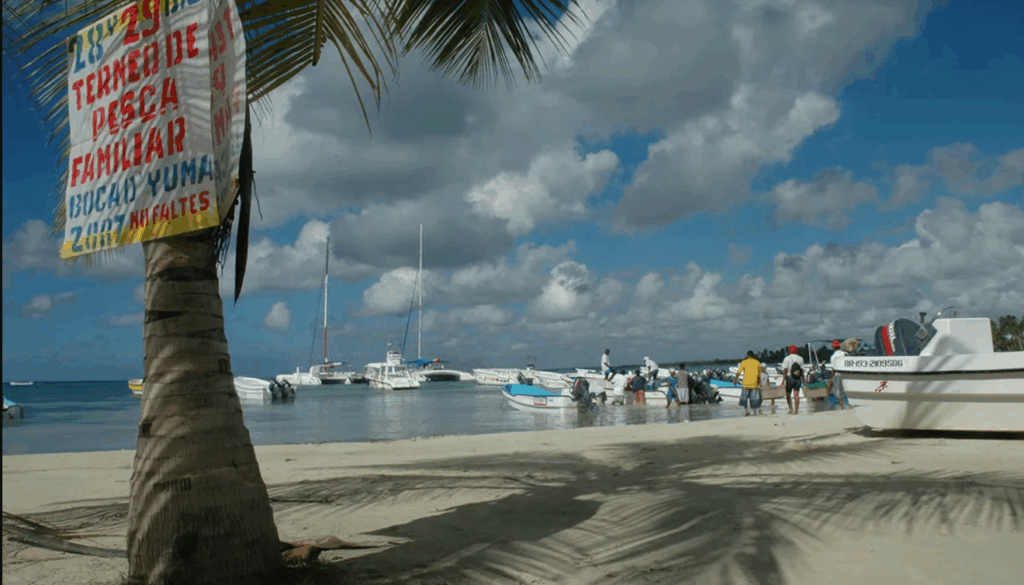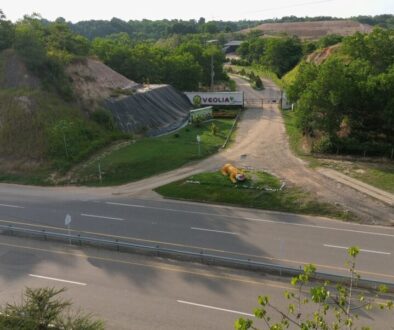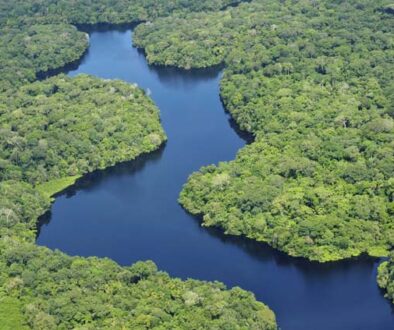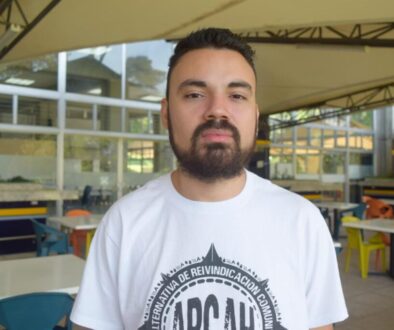A Legal Compass in an Unequal World: Reclaiming Climate Finance for Justice in the Global South
As the climate crisis intensifies, the promise of climate finance has become a lifeline for many nations in the Global South. But for the communities most affected by climate change—those on the frontlines of floods, droughts, and environmental degradation—this promise too often remains elusive. The article “A Legal Compass for Navigating Climate Financing in Turbulent Times” by the International Institute for Sustainable Development highlights a central truth: without strong legal frameworks, climate finance will not reach those who need it most. But perhaps even more pressing is the need to ask why these frameworks matter—and for whom.
Because while legal clarity and governance are important, they alone cannot solve the deeper injustices at play.
The Uneven Playing Field of Climate Finance
The world’s wealthiest countries—the very ones most responsible for historic greenhouse gas emissions—have long pledged billions in climate finance to support vulnerable nations. Yet reality tells a different story. Funds are slow to arrive, often entangled in complex conditions and institutional red tape. When they do arrive, they are disproportionately allocated to mitigation projects like renewable energy, often in middle-income countries, rather than supporting adaptation in the poorest and most affected communities.
For countries across Latin America, Africa, and parts of Asia, this imbalance is not just inefficient—it is unjust. In Latin America, for example, indigenous and rural communities are battling the daily consequences of deforestation, extractive industries, and extreme weather events. Yet these same communities often lack access to the very funds intended to protect them.
Rights Without Protection
The injustice doesn’t end with money. Latin America is the deadliest region in the world for environmental defenders. According to Global Witness, over 75% of killings of environmental and land defenders in 2022 occurred in the Global South, and nearly half of them in Latin America alone. In countries like Colombia, Honduras, and Brazil, activists face criminalization, threats, and violence simply for protecting their land and ecosystems.
This is a region where the consequences of climate breakdown are most acute and where civic space is under increasing pressure. And yet, these defenders—the people most intimately connected to their environments—are routinely excluded from decision-making and denied access to financial resources that could help build resilience and autonomy.
Law as a Shield—and a Tool for Equity
This is where law and governance come in—not as abstract concepts, but as practical tools for justice. A strong legal framework for climate finance must go beyond tracking funds and verifying reports. It must embed equity, participation, and rights at its core.
Legal systems should ensure that communities have a say in how climate funds are spent; that indigenous and local knowledge is respected, not sidelined; that women and youth are not only beneficiaries, but leaders in climate solutions; and that defenders of land and nature are protected, not persecuted.
To achieve this, countries need to invest in building institutional capacity, yes—but also in reimagining the purpose of climate finance. It is not a gift from the Global North to the South. It is reparative justice. It is accountability for centuries of extraction, colonization, and environmental harm.
Climate Finance Must Be a Tool for Empowerment
When legal systems are designed with justice in mind, they can help ensure that climate finance becomes a tool not just for infrastructure, but for transformation. That means funding community-led reforestation, supporting Indigenous land tenure, investing in local climate monitoring systems, and ensuring that civic actors and watchdog organizations can operate freely.
It also means pushing back against the technocratic, top-down models that currently dominate climate finance. Legal frameworks must be accessible, transparent, and informed by the lived realities of people on the ground—not just the priorities of international donors or consultants in capital cities.
Toward a Shared Future
At KALLIED we believe that legal frameworks must do more than regulate—they must liberate. In this moment of planetary urgency, we need laws that protect people, not just property; that empower communities, not just governments; that open civic space, not shrink it.
As the Global South continues to demand its fair share—not just of climate finance, but of decision-making power—we are reminded that justice is not something given. It is something claimed.
And in that struggle, a legal compass—anchored in equity, rights, and solidarity—can help us all find our way.





